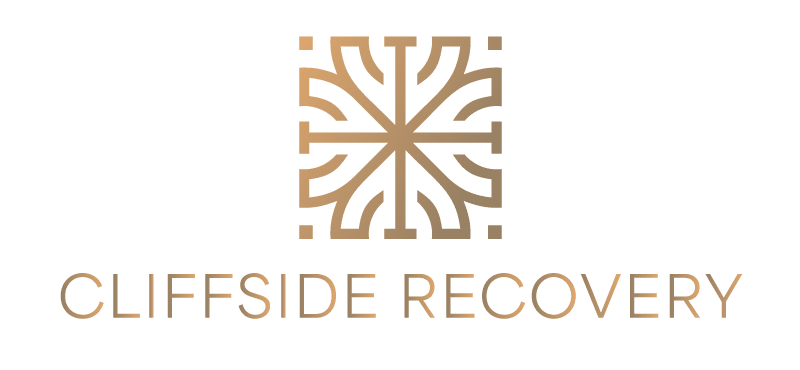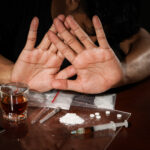Many parents never expect to face the question, “Is my adult child addicted to drugs?” Yet it’s a thought that often arises quietly after weeks or months of uneasy feelings. Something changes — late-night phone calls, missed workdays, sudden shifts in mood or money. At first, it’s easy to rationalize: stress, anxiety, a rough patch. But deep down, that concern becomes harder to ignore.
As a parent, few things are more painful than suspecting addiction. When children were younger, parents could fix things — a scraped knee, a broken toy, a bad day. Addiction, however, does not respond to comfort or logic. It hides, manipulates, and consumes. Recognizing that it might already be happening is one of the hardest steps.
At Cliffside Recovery, the team has guided many families through this realization. Here’s what every parent should know about identifying the signs of addiction and how to help an adult child addict find recovery.
Subtle Shifts That Signal Something Addiction in Adult Children
The signs of addiction in adult children are not always obvious. They often begin subtly — missed calls, canceled plans, vague explanations for new friends or lost jobs. Parents may notice inconsistencies in stories, changes in sleep or appetite, and unexplained mood swings.
Financial issues are common as well. Bills may go unpaid, valuables disappear, or repeated requests for “loans” arise. There may also be visible changes such as weight loss, fatigue, or a distant, disconnected look.
Emotional changes can be equally telling. Increased irritability or defensiveness may surface when asked simple questions. Conversations feel tense or avoidant. Isolation often follows, with the individual withdrawing from family, skipping gatherings, or abandoning close relationships.
Addiction thrives in secrecy. Many adults struggling with substance use will insist that everything is fine — even when the evidence says otherwise.
When Concern Turns Into Fear
At first, parents often try to help with advice, money, or temporary shelter. Promises like “this is the last time” or “I can stop whenever I want” offer hope but rarely lead to change. Over time, a pattern develops — denial, guilt, hope, disappointment — repeating endlessly.
Addiction is not the result of bad parenting or lack of love. It can affect anyone, regardless of background or profession. Recognizing that love alone cannot cure addiction is essential. The sooner a family seeks professional help, the greater the chance for recovery and safety.
Common Signs of Addiction in Adults
Although each situation is unique, there are several warning signs that commonly appear when an adult child is struggling with substance abuse:
- Personality changes – Mood swings, paranoia, irritability, or bursts of energy followed by exhaustion
- Neglecting responsibilities – Missing work, ignoring bills, or losing interest in hobbies
- Secretive behavior – Hiding phone calls, disappearing for long periods, or vague explanations about activities
- Health changes – Noticeable weight loss, poor sleep, tremors, or frequent illness
- Social withdrawal – Avoiding family and friends while spending time with new acquaintances who may also use substances
- Financial instability – Borrowing money, selling personal items, or unexplained financial troubles
Even recognizing one or two of these signs may warrant further concern.
Taking the First Step Toward Help
Recognizing a problem is one step; finding help is another. Encouraging an adult child to enter rehab can be difficult, especially since adults have autonomy and cannot be forced into treatment. However, support and communication can make a significant difference.
When approaching the topic, lead with empathy rather than accusation. Focus on expressing care and concern instead of blame. Phrases like “I’ve noticed you’ve been struggling, and I’m worried about you,” can open the door to conversation.
Gather information before speaking with your child. Knowing what treatment options are available — such as those offered at Cliffside Recovery — helps families act quickly when the opportunity arises. Professional guidance can explain detox, insurance coverage, and family involvement during recovery.
In some cases, a structured intervention led by professionals may be beneficial. The goal should always be to create an atmosphere of support, not confrontation.
Holding On Without Losing Yourself
It’s natural for parents to feel consumed by worry during a child’s addiction. Constantly checking in, offering help, or fearing the worst can lead to emotional exhaustion. Recovery, however, is not something a parent can do on behalf of their child.
Maintaining healthy boundaries and seeking personal support is vital. Counseling, therapy, or parent support groups can help caregivers process emotions and avoid burnout. Addiction impacts the entire family, and healing must include everyone involved.
No Family Has to Face Addiction Alone
For parents recognizing these signs in their adult children, the emotions of fear, frustration, and hope can be overwhelming. But recovery is possible — and help is available.
At Cliffside Recovery, programs are designed to support both individuals and families. Services include medical detox, evidence-based therapy, and dual-diagnosis treatment for co-occurring mental health conditions. Whether inpatient or outpatient care is needed, the goal is always the same: long-term healing and stability.
If you believe your adult child may be struggling with drugs or alcohol, don’t wait for the situation to escalate. Contact Cliffside Recovery today to learn more about treatment options and











